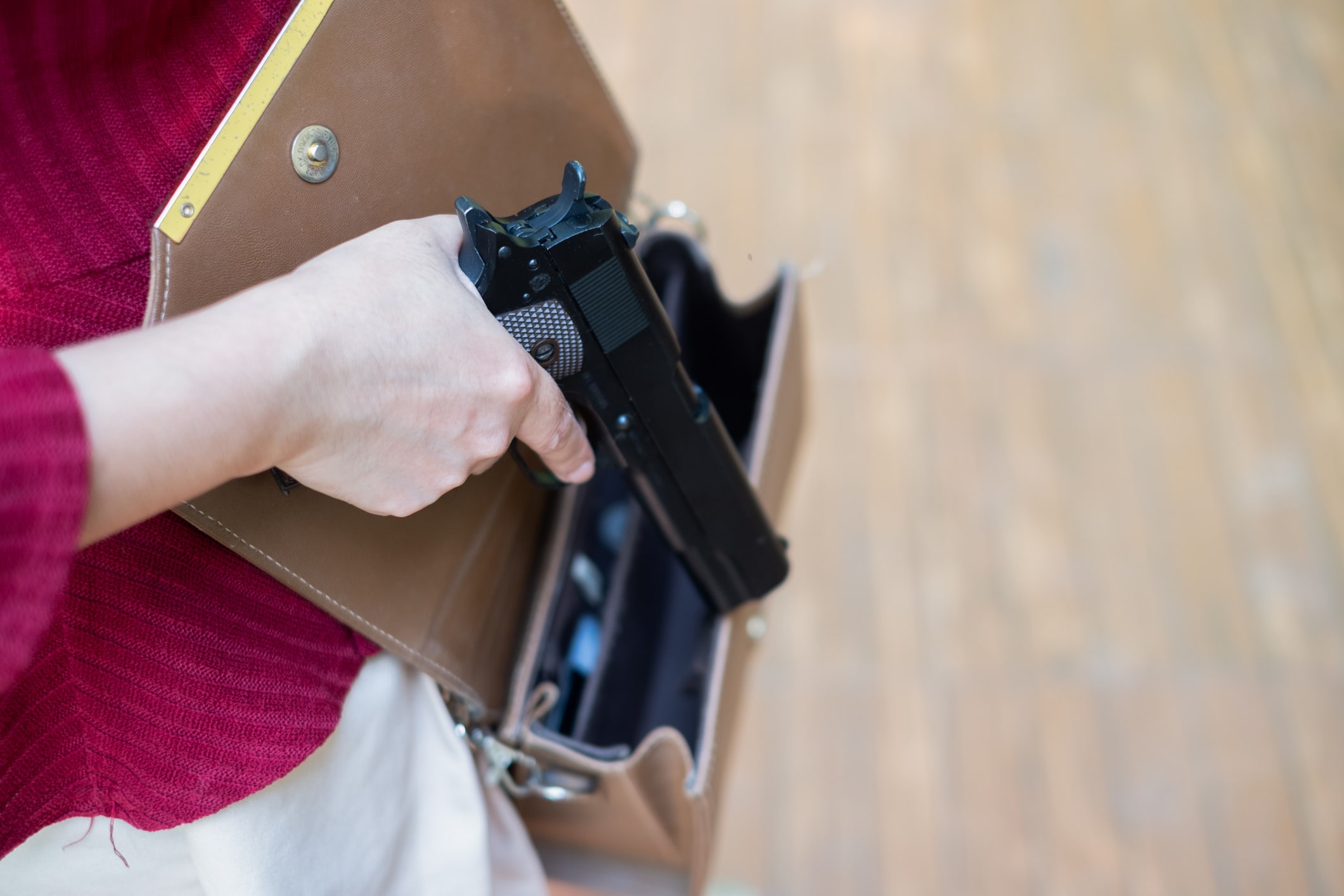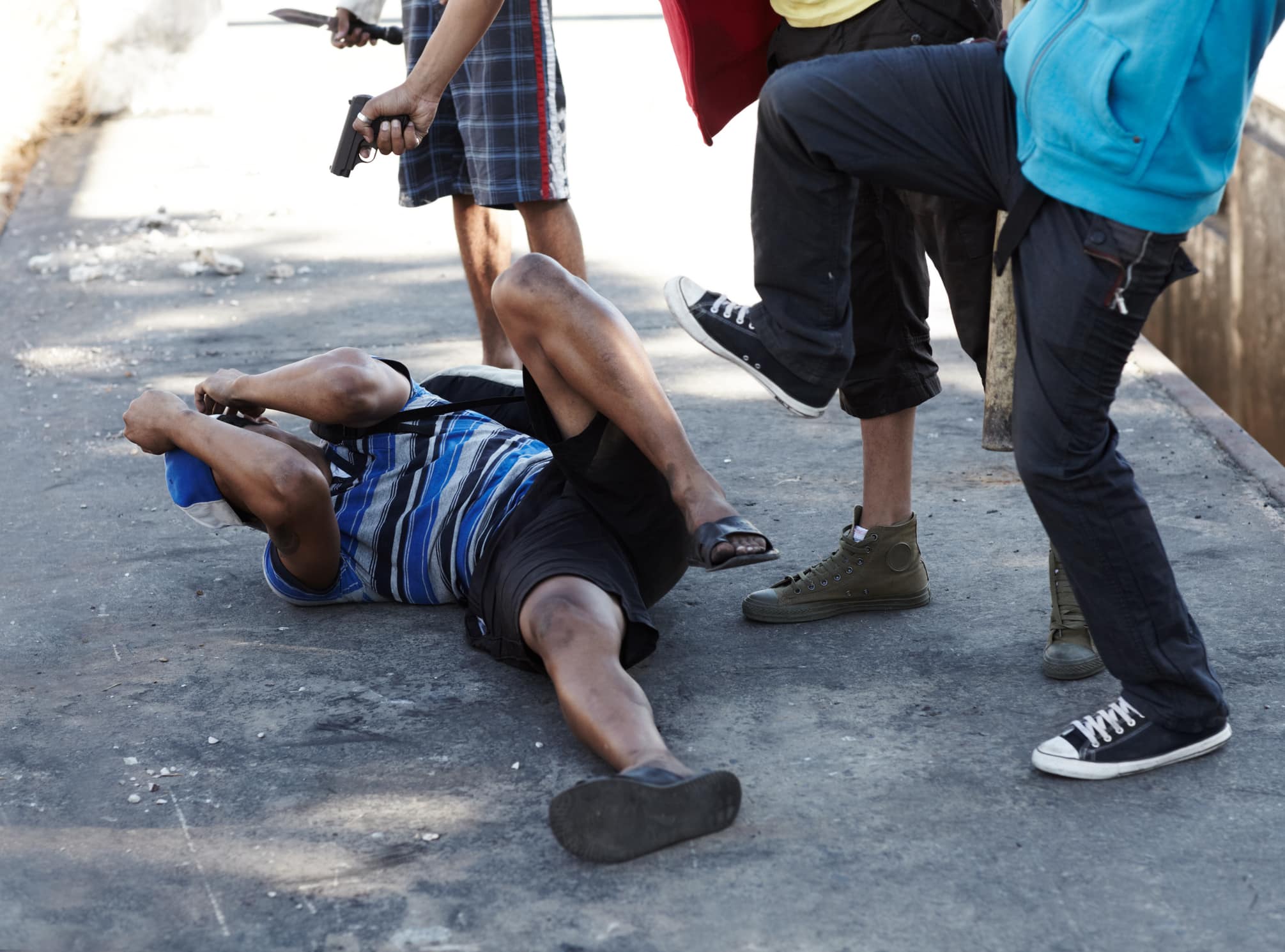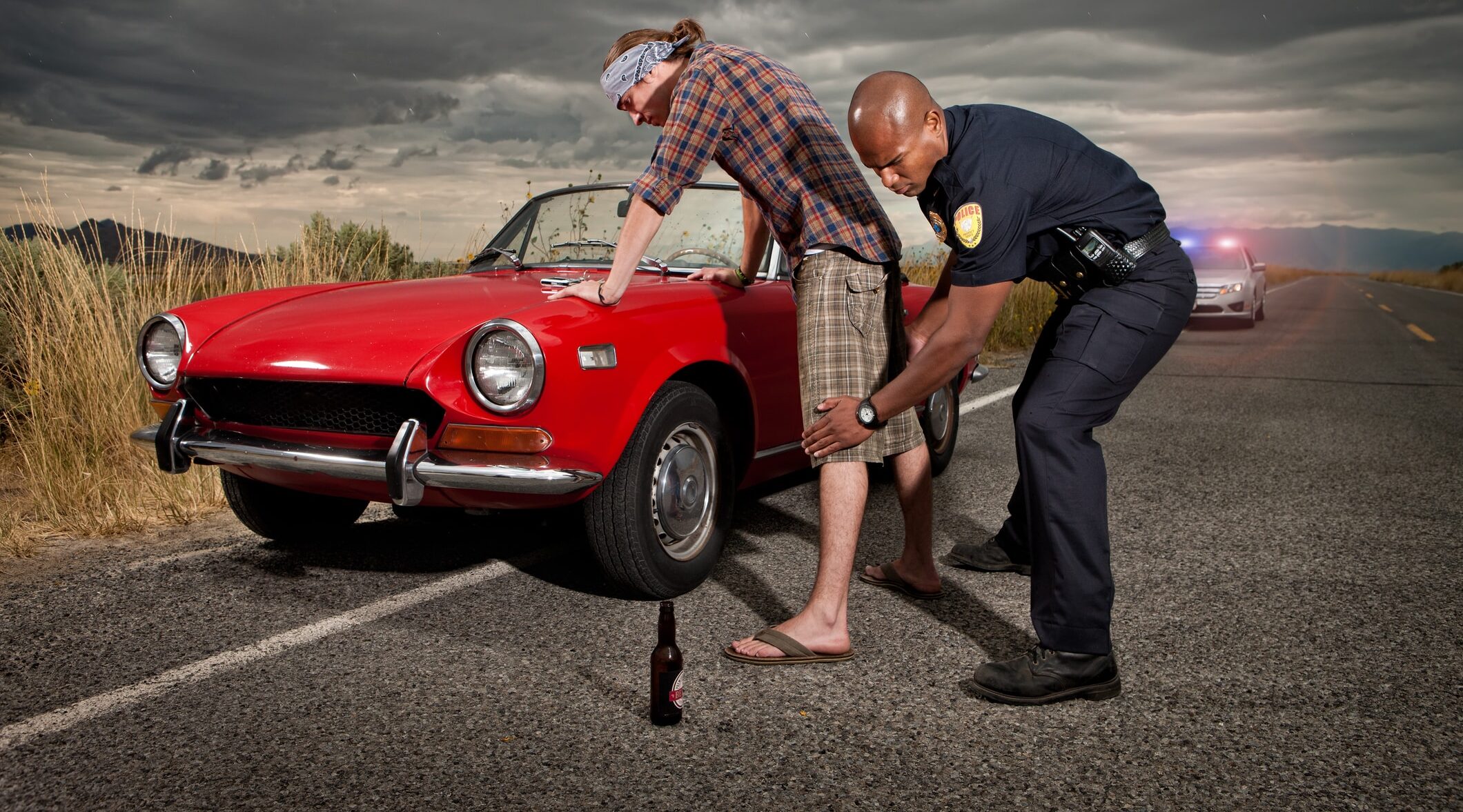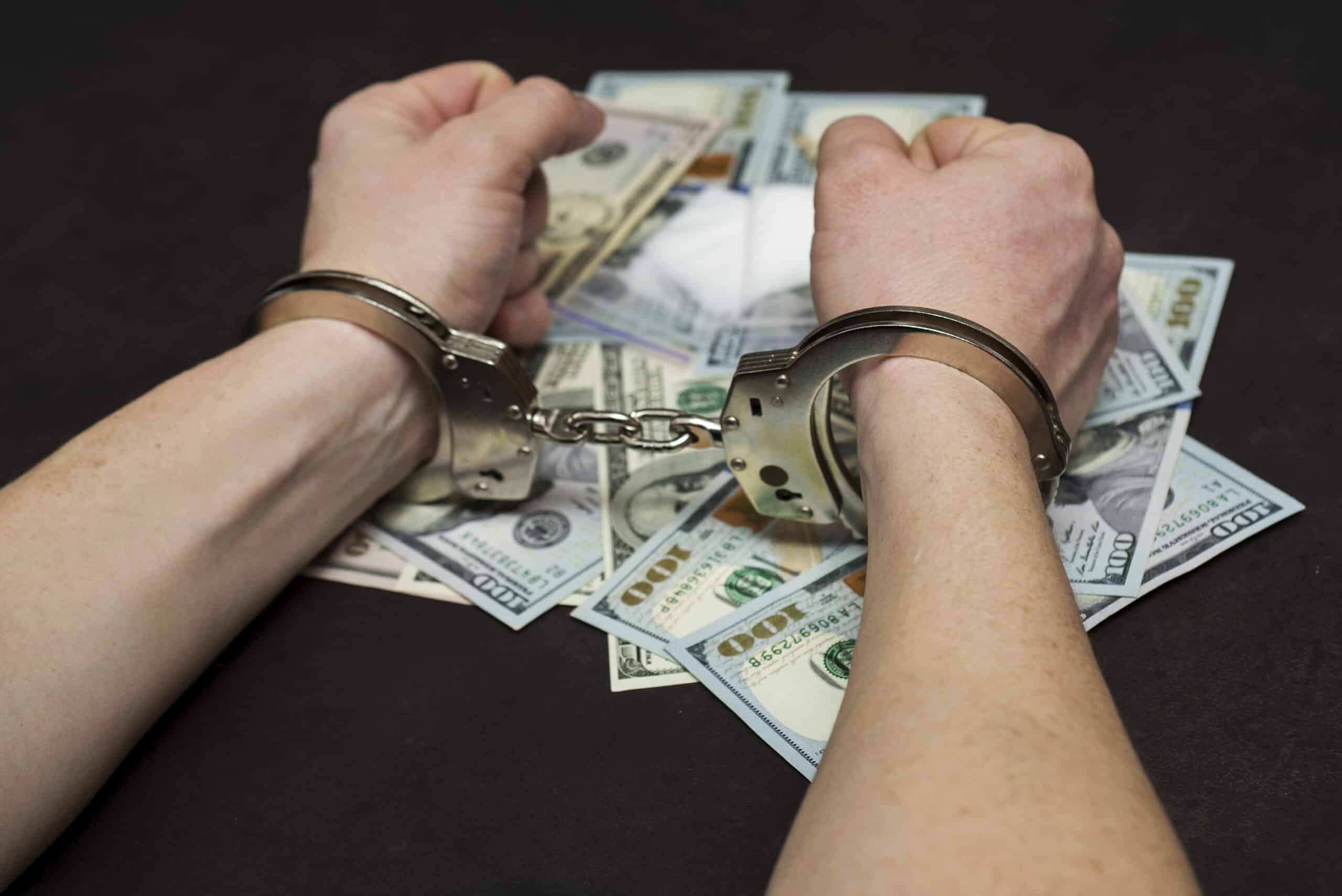Can I Carry a Concealed Firearm?
According to the Attorney General for the State of Idaho, citizens of the United States and current members of the United States Armed Forces who are over 18 years of age may carry a concealed weapon on their person in Idaho without a concealed weapons permit. This means that the State of Idaho is considered a constitutional carry state. An advanced concealed weapons permit is necessary to carry on school grounds. To apply for an advanced concealed weapons permit, you must speak with the county sheriff, or their representative, in person. There is an extensive list of factors that may render a citizen ineligible to apply for an advanced concealed weapons permit.
What are the Concealed Carry Laws for Idaho?
While the residents of Idaho are permitted to openly carry firearms without a concealed weapons license, residents of other states are required to carry their permits on their person at all times while carrying a concealed weapon. According to State Law, you are not required to have a concealed carry license under the following circumstances:
- When the weapon is located in plain view
- When in lawful possession of a shotgun or rifle
- When the firearm is not loaded and is locked inside a case
- When the firearm is concealed and loaded in a vehicle
- When a firearm is disassembled or permanently altered so that it is not readily operable
Restrictions to Idaho’s concealed carry rules are as follows:
- Any individual under 18 years of age may not possess any weapon unless they obtain the written permission of their guardian to possess the weapon or are accompanied by their guardian while they are in possession of the weapon.
- No person may carry a concealed weapon while intoxicated or under the influence of drugs or alcohol.
- No person can carry a concealed weapon in a courthouse, juvenile detention facility, adult correctional facility, prison, jail, or public or private school. Federal law may prohibit carrying a weapon in federal courthouses and airports.
- Residents of Idaho must obtain a concealed weapons license from their county sheriff to gain reciprocity in other states.
- A county sheriff may require taking classes or submitting evidence of familiarity with firearms before granting a concealed weapons license.
What is a Felon in Possession of a Firearm?
When a person is in the custody of the Idaho State Board of Corrections, all firearm rights of that person are suspended. Upon discharge, any person convicted of a felony will be restored their firearm rights, with the exception of any persons convicted of treason or the following incomplete list of crimes:
- Aggravated assault
- Aggravated battery
- Burglary
- Crime against nature
- Sexual abuse of a child under 16
- Sexual exploitation of a child
- Unlawful possession of a firearm
- Degrees of murder
- Voluntary manslaughter
- Assault with intent to murder
- Kidnapping
- Mayhem
- Rape
- Robbery
Any person who has the above previous felony convictions or who is on felony probation or parole and purchases, owns, possesses, or is in control of any firearm will be guilty of felony firearm possession and will be imprisoned for up to five years and will be fined up to $5,000.
When is it Illegal to Possess a Firearm?
Federal laws prohibit any person from possessing a firearm or ammunition or receiving any firearm or ammunition that has been shipped or transported in interstate or foreign commerce. This law applies to any person:
- Convicted of a crime punishable by imprisonment for a term greater than one year;
- Who is a fugitive from justice;
- Who is an unlawful user of or addicted to any controlled substance;
- Who has been adjudicated as a mental defective or who has been committed to a mental institution;
- Who, as an alien,
- Is illegally or unlawfully in the United States;
- Has been admitted to the United States under a non-immigrant visa
- Who has been discharged from the Armed Forces under dishonorable conditions;
- Who, having been a citizen of the United States, has renounced his citizenship;
- Who has been convicted in any court of a misdemeanor crime of domestic violence, to ship or transport in interstate or foreign commerce, or possess in or affecting commerce; or
- Who is subject to a court order that:
- Was issued after a hearing of which such person received actual notice and at which such person had an opportunity to participate;
- Restrains such person from harassing, stalking, or threatening an intimate partner of such person or child of such intimate partner or person, or engaging in other conduct that would palace an intimate partner in reasonable fear of bodily injury to the partner or child; or
- Includes a finding that such person represents a credible threat to the physical safety of such intimate partner or child; or, by its terms, explicitly prohibits the use, attempted use, or threatened use of physical force against such intimate partner or child that would reasonably be expected to cause bodily injury.
Federal law defines “firearm” as any weapon which will or is designed to or may readily be converted to expel a projectile by the action of an explosive; the frame or receiver of any such weapon; any firearm muffler or firearm silencer; or any destructive device.
Violation of this law can result in felony charges and is punishable by up to ten years in prison and a fine of up to $10,000.
Do I Need an Attorney?
Gun-related charges can have a long-lasting impact on your reputation and your livelihood. Do not take up this fight on your own. Call Tatum Wysocki Law, today at 208-999-4529 or fill out a contact form for a free consultation.
